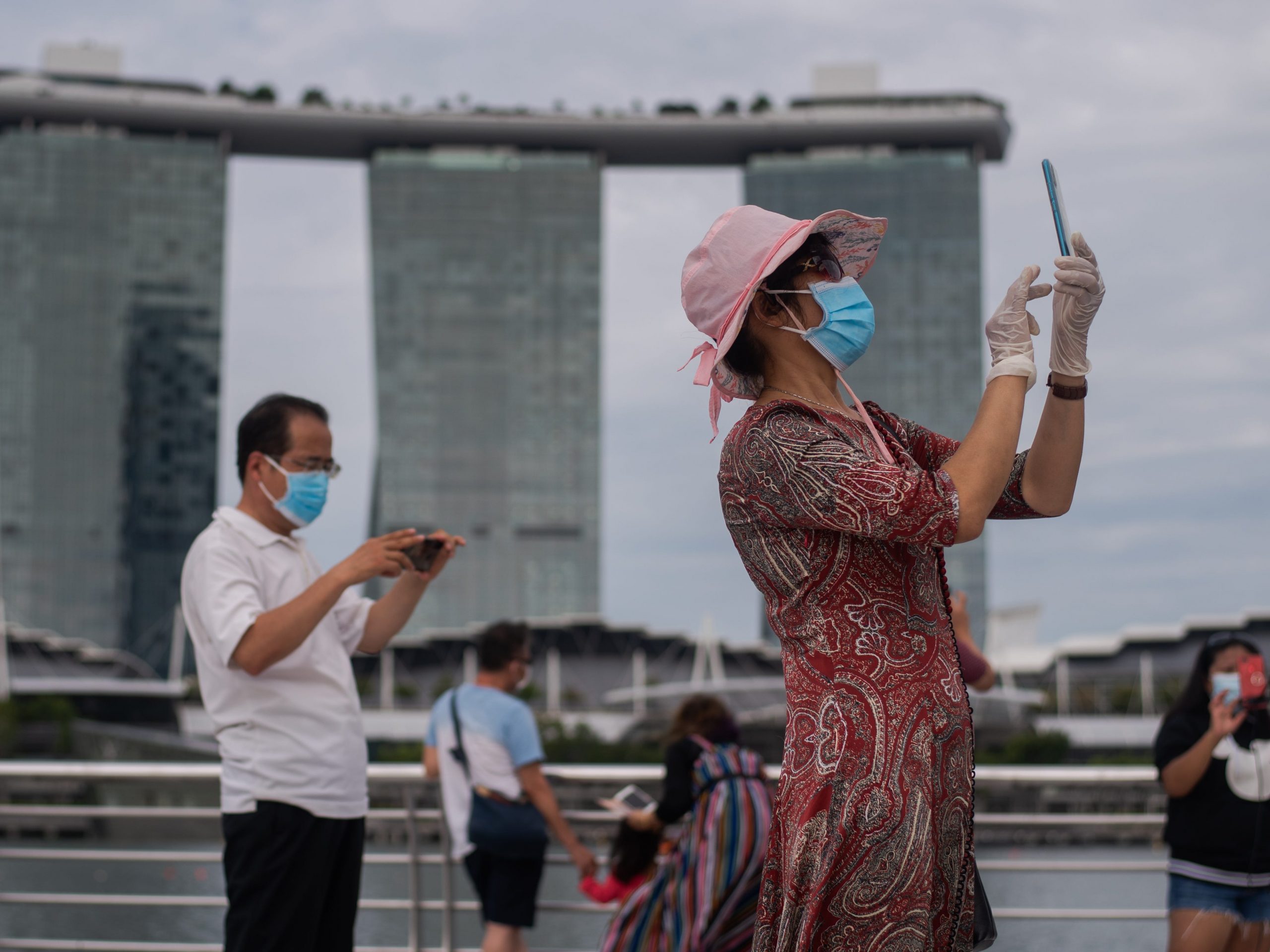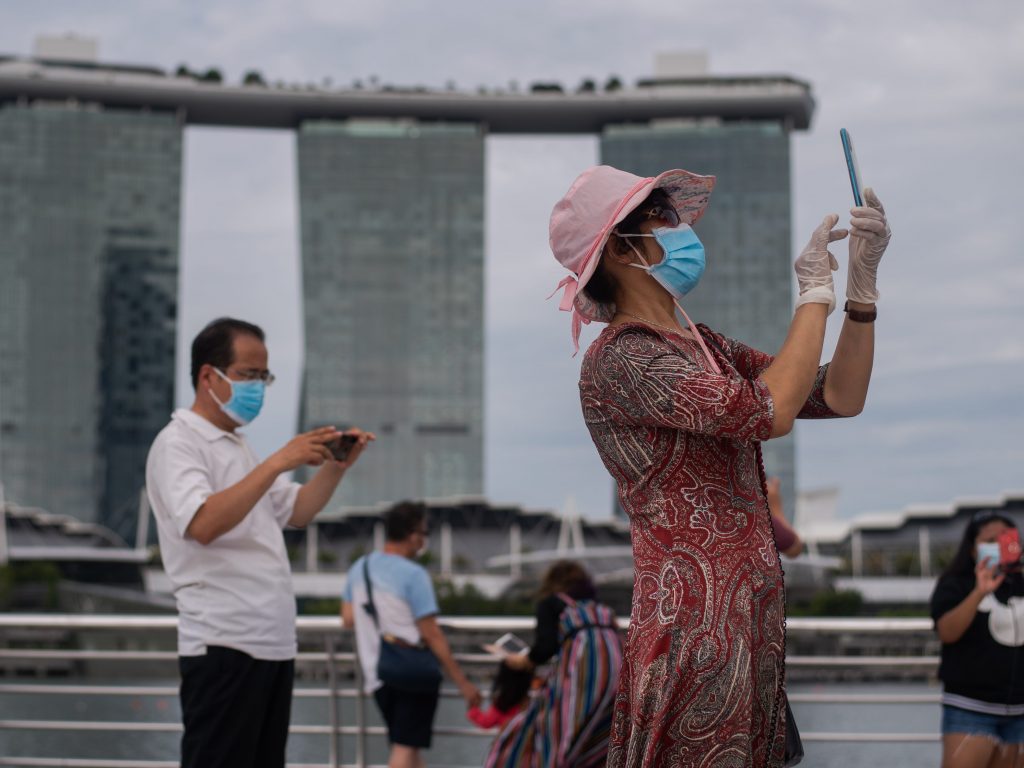
Joseph Nair/NurPhoto via Getty Images
- Singapore has fully vaccinated 80% of its 5.7-million population, its Health Minister said on Sunday.
- This paves the way for the country to reopen its borders and lift restrictions as it shifts away from a zero-COVID strategy.
- The city-state launched "vaccinated travel lanes" with Germany and Brunei earlier this month, where vaccinated travelers will not have to serve quarantine.
- Visit Insider's homepage for more stories.
Singapore has fully vaccinated 80% of its 5.7-million population, paving the way for the reopening of borders and loosened restrictions.
"We have crossed another milestone, where 80% of our population has received their full regimen of two doses," Singapore's Health Minister Ong Ye Kung wrote in a Facebook post on Sunday.
The country had only 31% of the population vaccinated on June 1, but was able to ramp up its vaccination program and reach the 80% milestone in just under three months.
It was able to do so by shortening the interval between the first and second dose from between six and eight weeks to just four weeks in late June. It also announced in July a mobile vaccination drive to reach senior citizens in the suburbs.
Singapore – one of the richest countries per capita in the world – also spent more than a billion Singapore dollars (about $742,000) making advance purchases on vaccines, including Pfizer and Moderna, the country's prime minister, Lee Hsien Loong, revealed in December, reported the Business Times. Lee also said the country would have enough vaccines for everyone by the third quarter of 2021. The country was the first country in Asia to receive a shipment of Pfizer vaccine in December last year, reported Channel News Asia.
Ong said the uptick in vaccination means the country "has taken another step forward in making ourselves more resilient to COVID-19."
For much of the pandemic, Singapore took a COVID-zero approach, which involved strict movement restrictions, aggressive contact tracing, and tight border controls to stamp out COVID-19 cases.
On July 22, the country reimposed dining and group-size restrictions after local COVID-19 clusters were discovered. Restrictions were lifted on August 10 - but in a bid to encourage vaccination, only vaccinated residents are currently permitted to dine in and gather in groups of up to five people.
After months of restrictions, Ong said in July that taking a COVID-zero approach was unsustainable, and the country must start treating COVID-19 like the flu.
"We cannot carry on with the current healthcare protocols for COVID-19. They need to shift closer to how we treat influenza today, without extensive contact tracing and quarantine in dedicated facilities, and hospitalizing only those who are very ill," he said in a ministerial statement.
Singapore is eager to lift restrictions and reopen borders after its economy contracted 5.5% in 2020 due to the global pandemic. It is trialing a quarantine-free international travel program of "vaccinated travel lanes" with Germany and Brunei beginning on September 8.
The difficulty in containing the more infectious Delta variant has forced countries like Singapore, Australia, and New Zealand - who all attempted COVID-zero strategies - to rethink COVID-19 containment strategies.
Currently, half of Australia's population of 25 million is under lockdown, following continued outbreaks of Delta variant cases. The country registered a record high 1,323 local cases on Sunday, reported Reuters.
New Zealand went into a lockdown on August 17, after just a single case of COVID-19 was reported. And after months of reporting virtually zero cases, it's seeing double-digit increase daily, registering 82 cases on Sunday, reported The Guardian.
Singapore recorded 124 local COVID-19 cases on Sunday, according to its health ministry. It has so far recorded about 67,000 cases and 55 deaths from the virus since the pandemic began.
